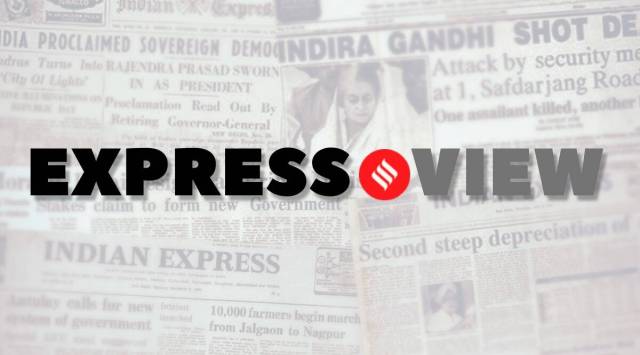
In May this year, when Joyland received a standing ovation at the Cannes International film festival, it looked as if Pakistani cinema had finally arrived on the global stage. Writer and director Saim Sadiq’s feature debut, the love story of a transgender dancer and a married man, was the first film from Pakistan to screen at the festival, where it won the Un Certain Regard jury prize as well as the Queer Palm. Made with tenderness and warmth, it was a natural pick for Pakistan’s official entry to the International Feature category of the 95th Academy Awards.
From the heady joy of recognition to November 11 when the Pakistan government reversed its position and banned the film, Joyland’s journey has taken a bitter turn that is, unfortunately, all too familiar to filmmakers across the region who take on questions of gender and queer identity. The Pakistan government claims the film did not conform with “social values” and “moral standards” — words that have long been weaponised against films in the subcontinent, from Deepa Mehta’s Fire to Hansal Mehta’s Aligarh, that fail to toe the line drawn by those who turn a blind eye to the long history of queerness in the region.
The cuts of censorship are cruel and take time to heal. But it is not too late for Joyland: A nominated film must release and run in commercial theatres in its home country for at least seven consecutive days before November 30. That leaves just over two weeks for the government to reconsider its decision and give Joyland a chance.